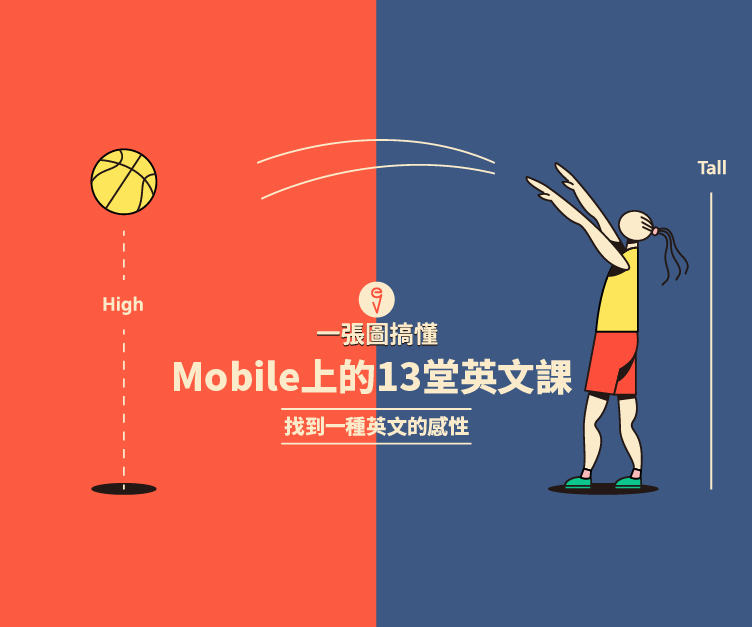剛剛才知道,用 I just know it,為什麼被外國人誤會?!
“I just know it.”
外籍同事本來沒這麼氣,聽到這句話更是火冒三丈。
原來"I just know it."並不是「我剛剛才知道」,而是「我就是知道、我早就知道、我本來就知道」。這種態度,真的很氣人吧!
我剛剛才知道。
(X)I just know it.
(O)That's news to me.
“I just know it.”指「我就是知道」,說不出所以然,但就是知道。例如:
I can't say exactly what's wrong with Jack - I just know that I don't like him. 我不知道Jack哪裡不對,我就知道自己不喜歡他。
要表達自己也很驚訝,之前並不知道,可以用一個常用的口語"That’s news to me.”。news在這裡指的是新聞、新的事件,來看情境:
A:"The meeting’s been cancelled."會議取消了。
B: "That’s news to me!” 我也剛剛才知道。
再來看幾個和just相關的道地用法:
It’s just the ticket.
(X)這只是一張票。
(O)這來得正是時候。
Ticket我們熟悉的意思是「票」,像車票、入場券等,在口語中,它可用來指「恰好的事情;所需的東西;來得正是時候」。例如:
The two weeks off work was just the ticket. I feel like a new man. 兩周的休假來的正是時候,休息後我覺得自己像全新的人。
I think your ideas are just the ticket for our marketing campaign. 我認為你的想法剛好吻合我們行銷活動。
It’s just one of those things.
(X)這只是其中一件事。
(O)(雖不喜歡)這是難免的事。
Just one of those things字面上是「眾多事件之一」,引申為「命中注定的事」,語氣上有點雖然不喜歡,但也無可避免。
The road was blocked, so we missed the meeting - it was just one of those things. 道路堵塞,我們錯過開會時間,這也是沒辦法的事。
Just like that.
(X)一如往常。
(O)突如其來地;出乎意料地。
“Just like that”是老外常用的口語,用在表達驚訝,強調某件事「怎麼可能那麼容易、那麼快就發生」,好比中文裡,我們也會發出驚呼「什麼,就這樣啊」:
Their son went off and got married last week, just like that. 他們的兒子不告而別,在上周還結了婚,真是出乎意料。
You’d sell the car? Just like that? 你把車賣了,真沒想到。
